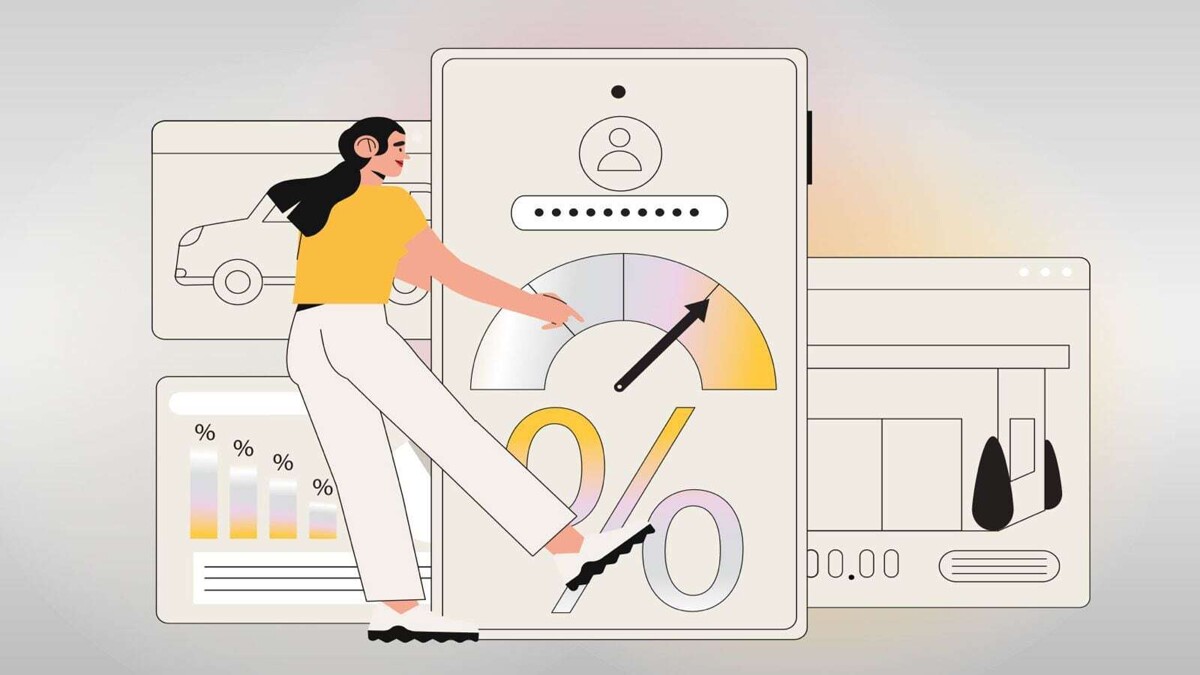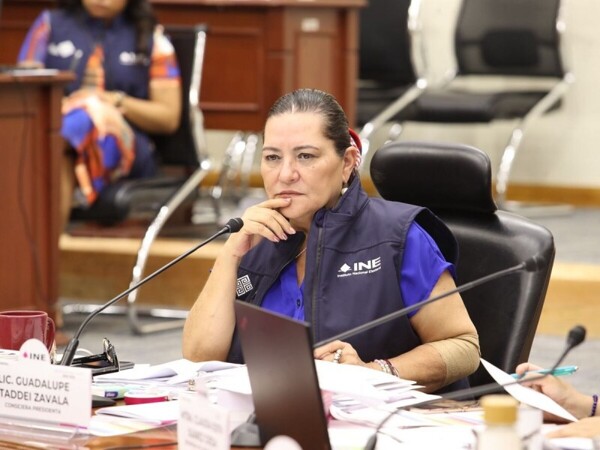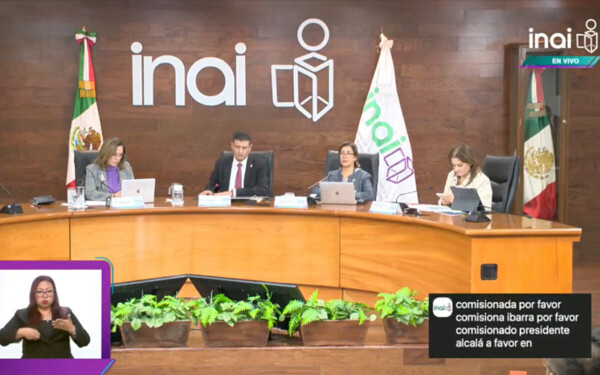
Buy Now, Pay Later (BNPL), known as "Buy now, pay later," is growing in popularity as an alternative to traditional forms of credit. This system allows consumers to acquire products and split payments interest-free or at a reduced rate, without the need to have the money available at that moment.
Paytech technology has made the rapid and simple application of this form of financing easier, with sophisticated algorithms that assess customer eligibility in real time. Unlike traditional loans, BNPL does not necessarily follow a fixed structure, which can lead to an increase in impulsive consumption without proper financial planning.
Companies like PayPal, Kueski, and Nelo have adopted BNPL as a payment option for their customers at the time of purchase, taking advantage of the convenience and agility this modality offers. This trend has transformed the way purchasing decisions are made, encouraging higher spending and potentially having a negative impact on the financial stability of those who abuse this system.
Although BNPL has simplified the buying process for younger consumers, such as millennials and Generation Z, it also presents significant risks. Not perceiving installment payments as real debts, many users may accumulate payment commitments that translate into mounting debt, creating long-term financial problems. The integration of these options directly into e-commerce platforms has facilitated almost imperceptible access to credit, increasing sales conversions but also potential over-indebtedness issues.














